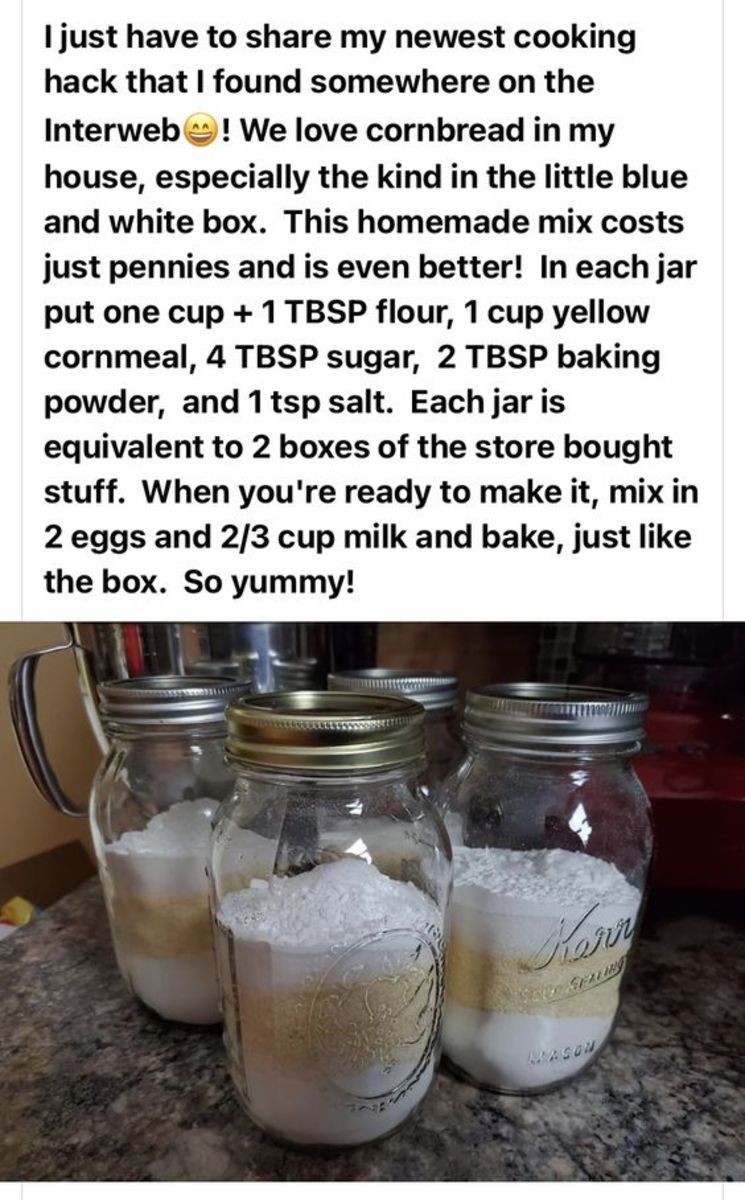Buying Water Softeners

Water Softeners: The Hard Water Solution
In many areas of the country hard water, that with a great deal of calcium and magnesium in it, is commonplace. This results in deposits on fixtures and pipes. Appliances become inefficient and can even fail early. For this reason, even though hard water presents no real health hazards, millions of us seek water softeners to solve the problem.
On this page you can learn more about diagnosing the problem, learn more about it's effects, examine how water softeners can lessen the problem, learn more about how they operate, how to choose one, and even discover tips on installing and caring for them properly.
Photo by RiceLife.

What is the Purpose?
The purpose of a water softener is to reduce hardness. They are not designed to make water taste or smell better. In fact, in most instances, these devices are set up to avoid softening water that will be used for drinking or cooking, such as the cold water supply in the kitchen since it won't taste good.
Excessive hardness (high levels of magnesium and calcium) can result in scale build up on pipes, fixtures, and appliances such as hot water heaters, dishwashers, and so forth. It can also reduce the effectiveness of soaps, shampoos, and detergents. By reducing hardenss, you shouldn't have to descale heating elements and pipes, replace appliances as frequently, or use as much soap, and so forth. In addition, you should see less spotting on glassware, experience less dry, itchy skin, and see an improvement in the condition of your hair.
As you are shopping, you may also encounter water conditioners and purifiers. Conditioners provide a variety of filters to help remove some impurities, odors, and bad taste. They will not however, remove any of the minerals or soften. Purifiers are generally attached under the sink and are used to cleanse drinking water specifically; often via a process known as reverse osmosis. They can remove fluoride, arsenic, lead, and a variety of other harmful contaminants but again, they don't soften.
How to Test for Hardness
If your water hardness is above 3.5 grains per gallon you may want to consider a softener. To determine if one of these appliances is needed or to help you in choosing the right one, you will want to know your the hardness precisely. You can test this yourself with a test kit. You can find test kits here. You can also investigate having a free test done by a water conditioning company or contact your water company to find a state-certified lab where you can send a sample for accurate testing.

The Drawbacks
The first drawback of using water softeners is the added expense. Certainly, the unit itself will carry a significant price tag. A whole house model can cost as little as $350 to more than $1,200. The most common type, an ion exchange unit, will also require the purchase of salt or potassium chloride on a regular basis. In addition, these units use electricity to operate, especially during the regeneration phase. On the other hand, assuring that there is no scale build up on your water heater will help keep it running more efficiently which helps to balance out this cost and use of energy.
The other drawback to these appliances is the amount of sodium chloride that they can potentially deposit into the ground each year. Certainly, potassium chloride is an acceptable substitute in most instances, but still there is a great deal of chloride that is left to seep into the soil, potentially damaging delicate aquatic life, both plants and animals. For this reason, consumers need to be sure to set their water softener appropriately to maintain the softness needed without using excess salt. On the other hand, these devices will likely cut the amount of detergent and soaps that make it into the soil and water.
Despite these drawbacks, a water softener is the best solution for those who have very hard water.
Want an Ion Exchange softener but you need to cut sodium in your diet? Don't soften the water you drink and try using potassium chloride instead of sodium chloride.

What Types of Water Softeners Are Available?
The most common and most effective type of softeners are ion exchange units. These units use sodium chloride or potassium chloride to help remove excess calcium and magnesium. Some will also remove iron and maganese. You can learn more about the process behind ion exchange here or here. These devices are the standard in the market, and have a proven ability perform their intended function.
Another type of softener that has received quite a bit of attention are salt free or magnetic models. These devices have the advantage of using much less electricity and no sodium or potassium chloride. They won't pollute land and water for this reason. They supposedly use a magnetic charge to remove the unwanted minerals. The problem is that many experts (such as this person) indicate there is no evidence that these appliances do the job they are advertised to do. Of course, some disagree. If you want to learn more about how one of these salt free devices supposedly work, you can check here.

Buying Tips
Here are a few tips to help you shop for water softeners.
DIR versus Automatic Water Softeners
Some of these units operate based on a timer. They run at the time you set. These are automatic devices. Others are demand initiated (DIR). They operate based on the volume of water used. Automatic models are generally less expensive but they tend to use more salt. A DIR or metered appliance is ideal when your needs fluctuate as they automatically adjust for special situations such as when you have guests in your house or you leave on vacation for a couple of weeks.
Iron
The presence of too much iron is another common problem, especially if you have your own well. This iron can badly stain tubs, sinks, and so forth. Not all of these appliances deal with the removal of iron, so if you have this problem you'll need to consider this when shopping.
Capacity
You'll need to know how much water your family will use (generaly 80 gallons/day/person) and how many grains of hardness it has.
Multiply the # people by 80. Multiply this total by the # of grains in your water (determined by the tests described above), then multiply that total by the number of days in the softening cycle. So if you have 12 grain/gallon in your water and there are four people in the house: 4 x 80 = 320. The 320 x 12 = 3840 grains. 3840 x a 4 day cycle = 19,200. This is the number of grains that the water softener will need to be able to remove. Most medium sized devices can handle this.
Buy Water Softeners
Installation
While calling a professional plumber is an option may of us would use, it is possible to install your own.
Maintenance
Adding salt is the primarly routine maintenance that is needed. Certainly checking valves, O rings, and so forth is necessary on occasion as well. Obviously you should read the manufacturer's instructions regarding care and maintenance, however here are some general tips.
Related Topics of Interest
- How to Clean a Water Softener Brine Tank
Step by step on cleaning the water softener brine tank - How to Properly Test for Water Hardness
More detailed information on testing water hardness. - To Soften or Not to Soften
Should you or shouldn't you? - FAQs and Water Softeners
A variety of information including the effet of water softeners on septic tanks.





